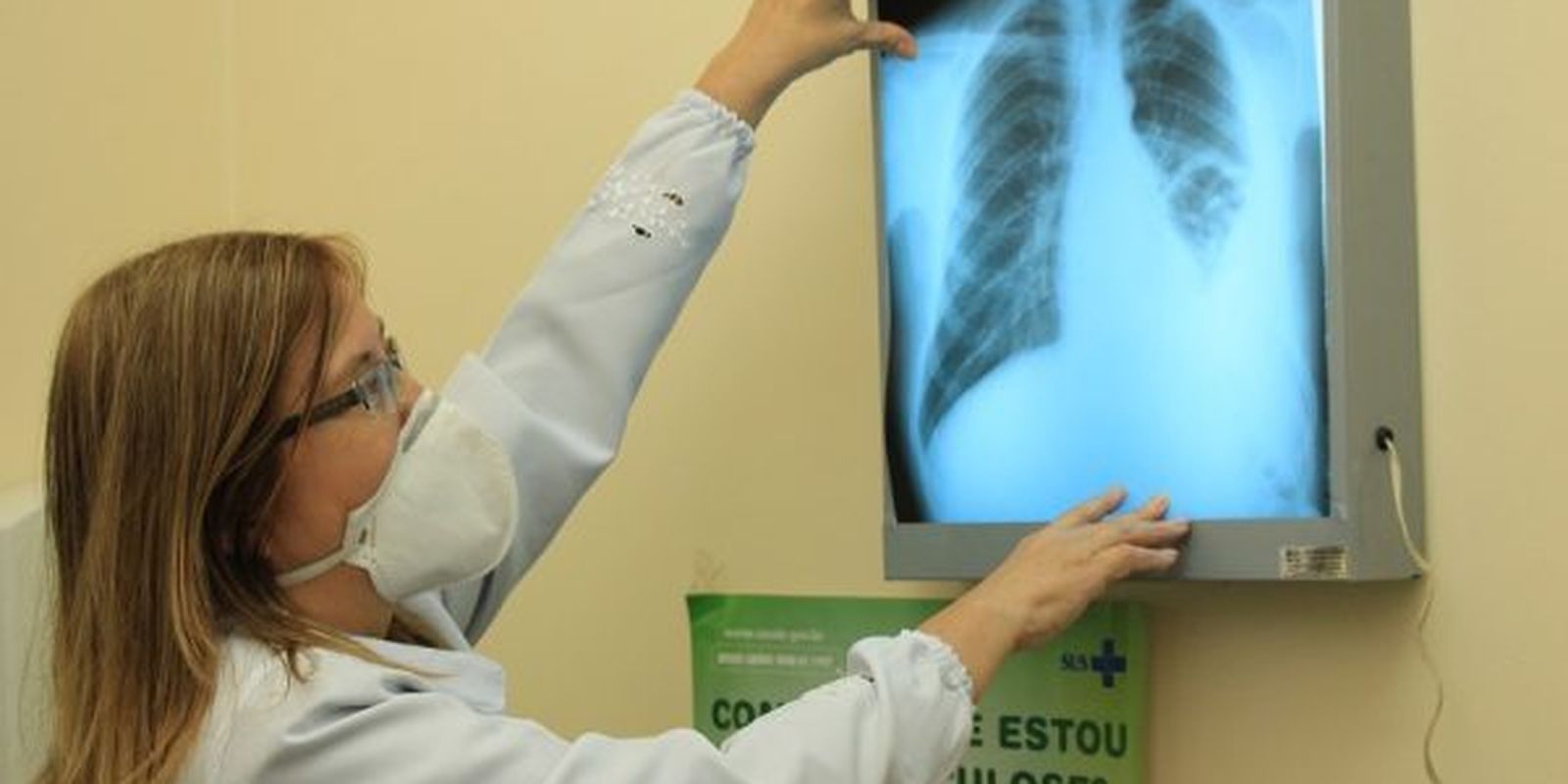Study developed by the Gonzalo Muniz Institute, arm of the Oswaldo Cruz Foundation (Fiocruz) in Bahia, points out that current public policies in Brazil will not be enough for the country to achieve the goals set by the World Health Organization (WHO) aimed at elimination of tuberculosis. On the contrary, the current trend is an increase in the incidence of the disease.
The research was conducted from analyzes based on disease record data from January 2018 to December 2023. The results were gathered in an article published in the latest issue of the scientific journal The Lancet Regional Health – Americas. This Friday (7), the Fiocruz Portal published a note with the main conclusions.
In 2023, Brazil recorded 39.8 cases of tuberculosis per 100,000 inhabitants. The study projections indicate that by 2030 the incidence will be even higher: 42.1 per 100,000 people.
The Brazilian scenario is contrary to the target of eliminating the disease in the Americas region in 2035. WHO expectation is to reduce the incidence by 50% in the year 2025 and 80% in 2030, compared to rates of 2015. Brazil was in the desired direction, should have arrived in 2023 with 6.7 cases per 100 thousand inhabitants.
Researchers do not question the value of current public policies, but point out the need to create integrated strategies and list challenges that must be faced. Among them is limited access to health, non -adherence to treatment and limitation of resources for innovative actions in disease control over the past decade. The impacts of the COVID-19 pandemic are also mentioned. Health services focused on tuberculosis control were quite affected.
“If there was an increase in directly observed therapy coverage (DOT), preventive treatment adherence (PMS) and contact investigation, combined with efforts to reduce cases of tuberculosis between vulnerable populations, the incidence could be reduced to 18.5 cases By 100,000, although it is still a number above WHO goals. Note released by Fiocruz.
In the article, the researchers also emphasize the need to improve tuberculosis control programs in prison environments by improving screening and access to TPT. Another recommendation involves improving coinfection cogestion with HIV and diabetes, with increased testing and starting treatment.

















